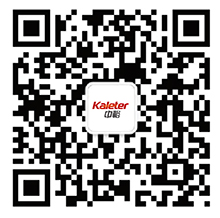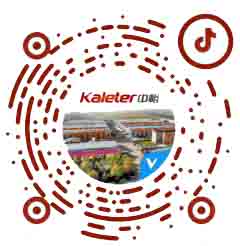Modern chicken farms, as a part of large-scale and standardized chicken farming, are firstly conducive to achieving industrialization, standardization, standardized management, and environmental automation control, and obtaining scale benefits. Practice has proven that modern chicken farming, due to its high degree of automation, can save land and labor resources. At the same time, according to the production requirements of laying hens and the growth and development laws of laying hens, good environmental conditions (temperature, humidity, light, ventilation) can be provided to ensure the healthy growth of the chicken flock.
Modern chicken farms can effectively control the environment and are not easily affected by external adverse factors such as high temperature, high cold, strong winds, and heavy rain, allowing the chicken flock to grow and develop healthily in a stable environment with risk resistance. The chicken farm adopts closed feeding management, which is conducive to disease control and drug residue control. Ultimately, the quality of the raised laying hens is excellent, which is beneficial for ensuring the health of consumers.
Modern chicken farms can effectively control the environment and are not easily affected by external adverse factors such as high temperature, high cold, strong winds, and heavy rain, allowing the chicken flock to grow and develop healthily in a stable environment with risk resistance. The chicken farm adopts closed feeding management, which is conducive to disease control and drug residue control. Ultimately, the quality of the raised laying hens is excellent, which is beneficial for ensuring the health of consumers.






